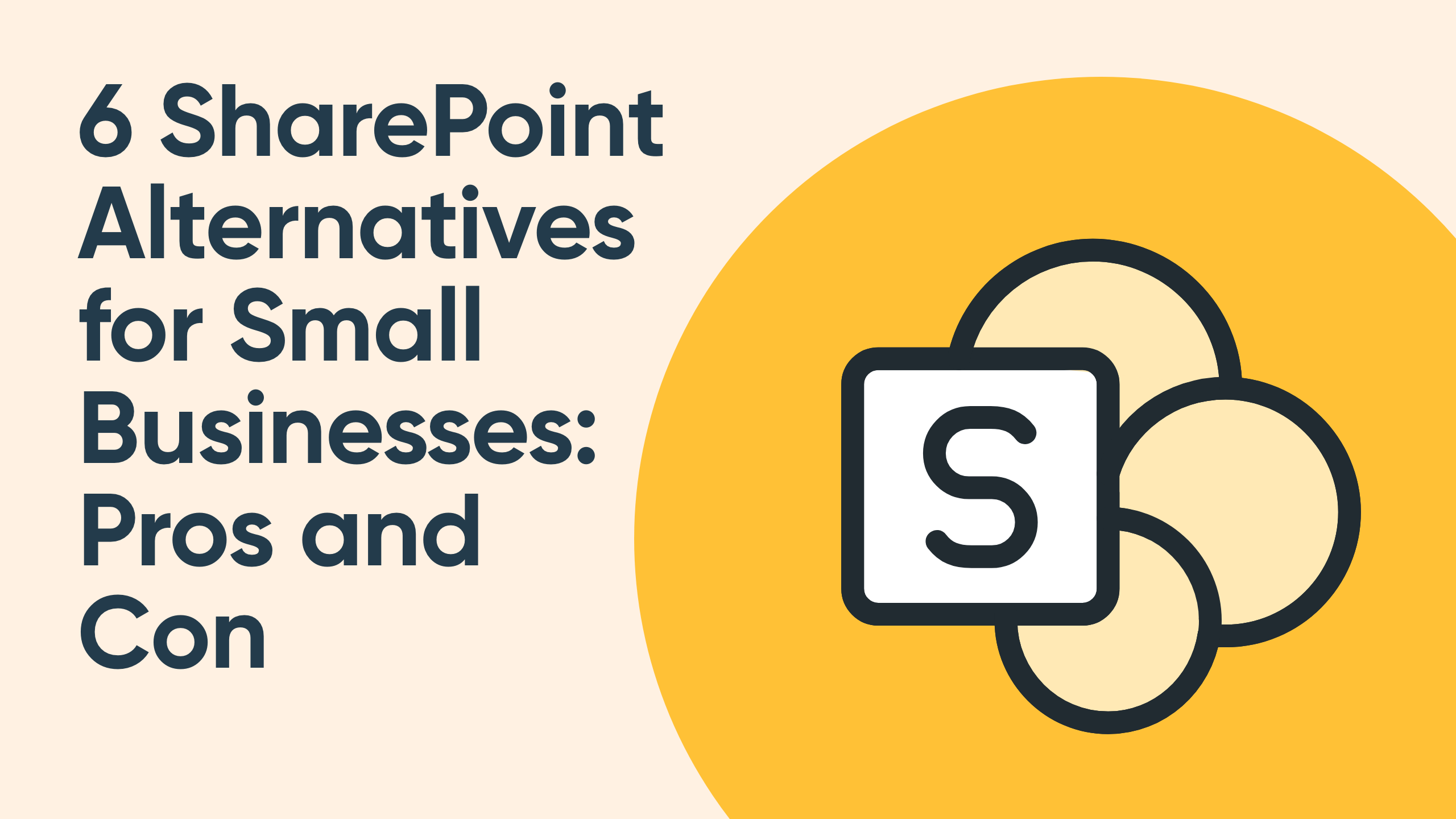Microsoft SharePoint is a powerful platform for document management, collaboration, and intranet solutions. However, for many small businesses, it can be overly complex and costly. Fortunately, there are several great alternatives that offer similar benefits, without the steep learning curve or enterprise-level pricing.
Here are some popular SharePoint alternatives tailored for small businesses, along with their pros and cons:
1. Google Workspace (Drive, Docs, and more)
Pros:
- Intuitive and easy to use
- Real-time collaboration across teams
- Affordable pricing with flexible plans
- Integrates seamlessly with other Google tools
- Accessible from anywhere
Cons:
- Limited offline functionality
- Less customizable for advanced workflows
- Potential privacy concerns depending on the industry
- No native intranet features
2. Dropbox Business
Pros:
- Easy file sharing and syncing
- Strong security and compliance
- Works well with many third-party apps
- Quick setup with minimal IT support
Cons:
- Focuses mostly on storage rather than collaboration
- Relies on integrations for editing documents
- No built-in intranet or automation tools
- Costs can rise as storage needs increase
3. Box
Pros:
- Excellent security and access control
- Ideal for industries with strict compliance needs
- Good collaboration features and file versioning
- Integrates well with Office and Google tools
Cons:
- Higher cost compared to similar tools
- More complex interface for smaller teams
- Training may be required
- Limited offline access
4. Notion
Pros:
- All-in-one workspace for notes, wikis, tasks, and docs
- Extremely flexible and customizable
- Great value for small teams
- Ideal for internal documentation and project tracking
Cons:
- Lacks robust document management
- No native file syncing or version control
- Learning curve for new users
- Not built for high-security environments
5. Confluence (by Atlassian)
Pros:
- Strong for internal documentation and knowledge sharing
- Great integration with Jira and other Atlassian tools
- Customizable workflows and permissions
- Good search and version tracking
Cons:
- Can become expensive as teams grow
- May feel overwhelming at first
- Not ideal for storing or sharing large files
- Requires setup time to get the most value
6. Microsoft OneDrive + Microsoft 365
Pros:
- Native integration with Microsoft Office apps
- Strong collaboration and file-sharing features
- Familiar to teams already using Windows
- Works offline and on mobile
Cons:
- Best suited for Microsoft-centric teams
- Permission management can be tricky
- Higher cost than basic alternatives
- Some features need IT expertise
For small businesses looking to streamline collaboration and document management, SharePoint isn’t the only option—and often not the most practical one. Tools like Google Workspace and Dropbox offer simplicity and fast setup. Platforms like Notion and Confluence shine when it comes to internal documentation. And if you’re already using Microsoft products, OneDrive with Microsoft 365 brings the closest experience to SharePoint with better usability for small teams.
